Principal Investigator
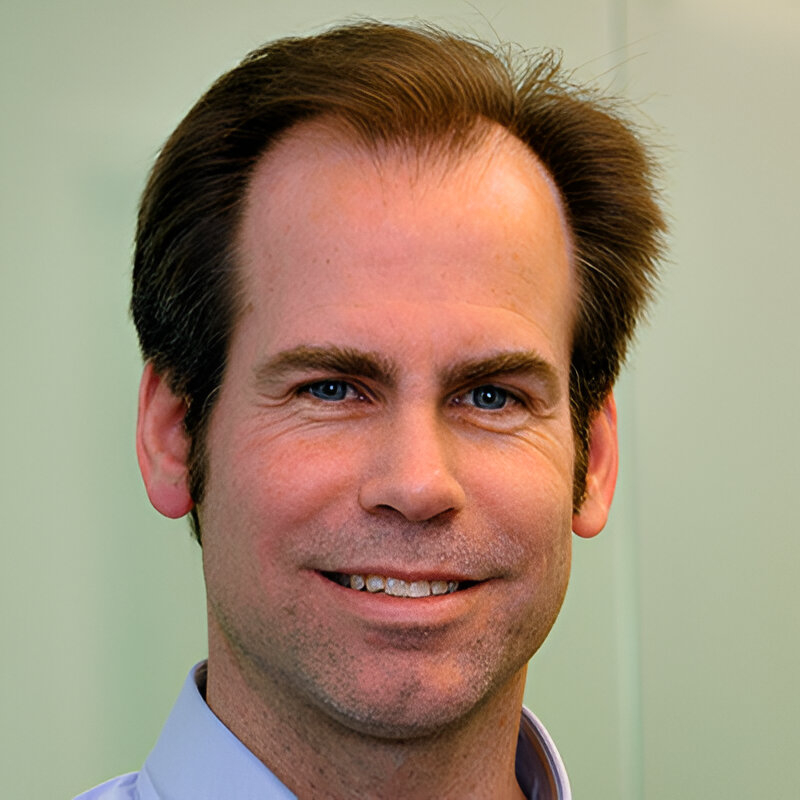
Dennis Discher
Ph.D University of California, Berkeley
B.S University of California, Davis
Dennis Discher is the Robert D. Bent chaired Professor at the University of Pennsylvania and Director of the NCI (National Cancer Institute) Physical Sciences Oncology Center/Project at Penn. He is an elected member of both the US National Academy of Medicine and the US National Academy of Engineering, and he is recipient of the Shu Chien Scientific Achievement Award from BMES' Cell & Molecular Bioengineering (CEMB) group. Discher holds appointments in the School of Engineering & Applied Science and Graduate Groups in Pharmacology and in Physics, and has been at Penn since 1996. His efforts to increase diversity, equity, & inclusion (DEI) start with his lab’s >60 PhD students and Fellows that have included significant diversity (15% Latino, 20% female). It extends to creation of Mid- career Awards with DEI criteria for CEMB and for the Biophysical Society’s Mechanobiology Subgroup, as well as annual projects over the past decade for summer research by two Philadelphia High School Teachers and for two or more Undergraduates from around the US (~30-50% African American). The lab's most cited work is among the top-5 cited research papers in Cell since its publication: 'Matrix elasticity directs stem cell lineage specification', and other papers range in topic from the mechanobiology of cancers, cardiomyocytes, and nuclei to controlling ‘Self’ recognition via engineered macrophages and particles in application to disease, particularly cancer. He has coauthored more than 250 publications with 80,000 citations, with papers appearing in Science, Cell, PNAS, and Nature family journals. Service includes various roles in CEMB, the American Society of Cell Biology (ASCB), and the Biophysical Society, as well as NIH grant reviewer including chairperson (Gene & Drug Delivery, Phys Sci Oncology, etc.) and Editorial Board service for Science, Molecular Biology of the Cell, and PNAS & PNAS Nexus.
Post-Doctoral Researchers
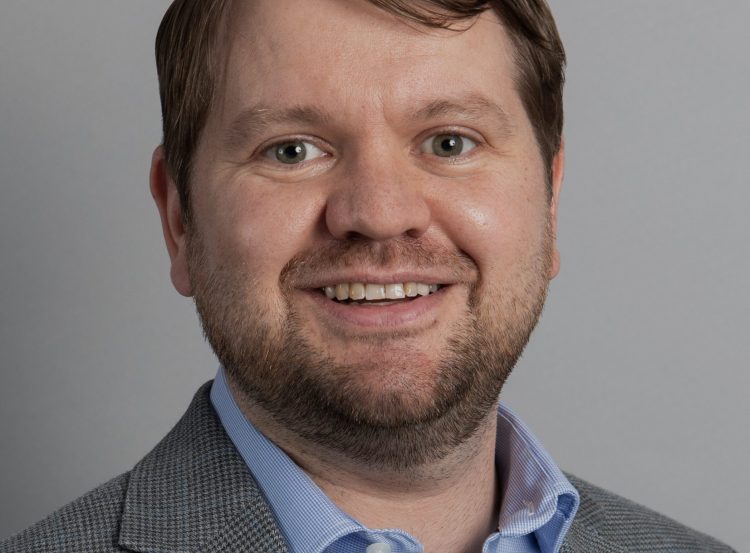
Larry Dooling
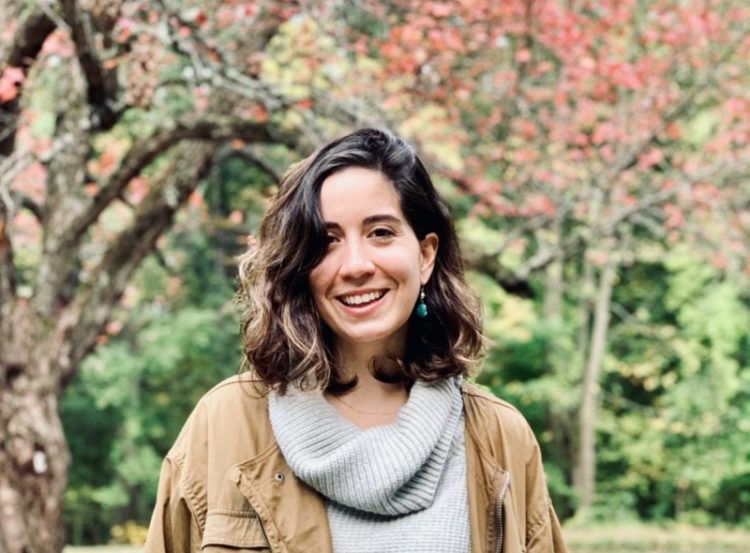
Alişya Anlaş
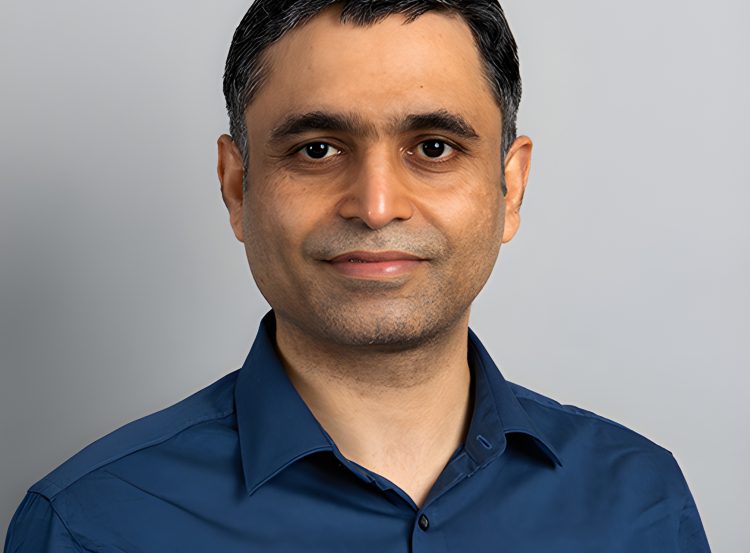
Karan Saini
PhD Students
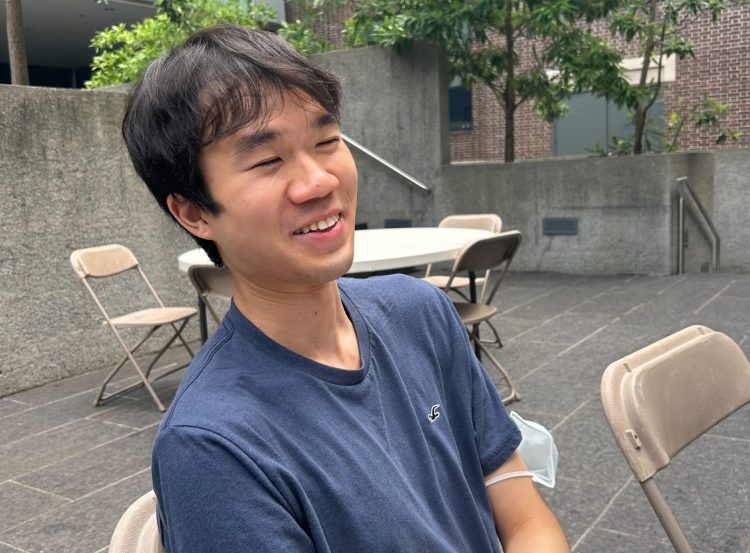
Steven Phan
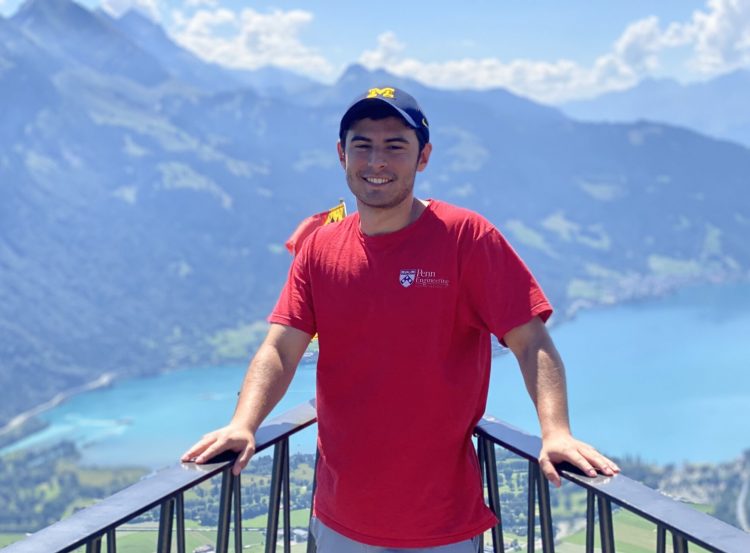
Nicholas Ontko
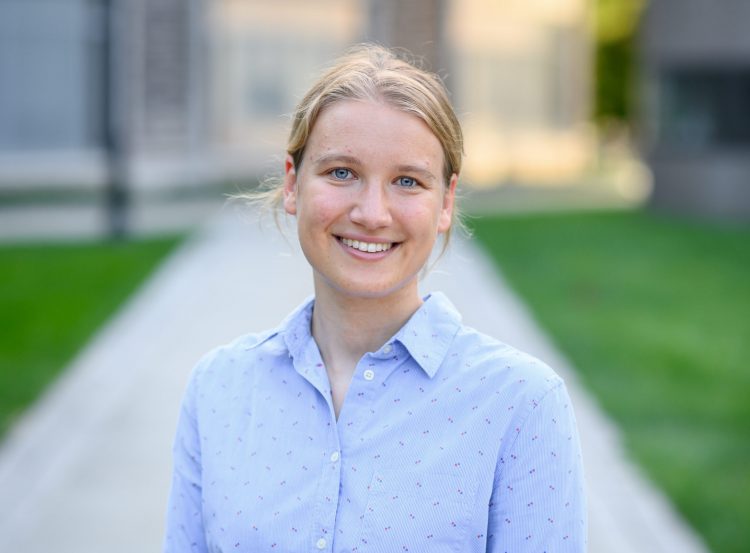
Joanna Georgiou
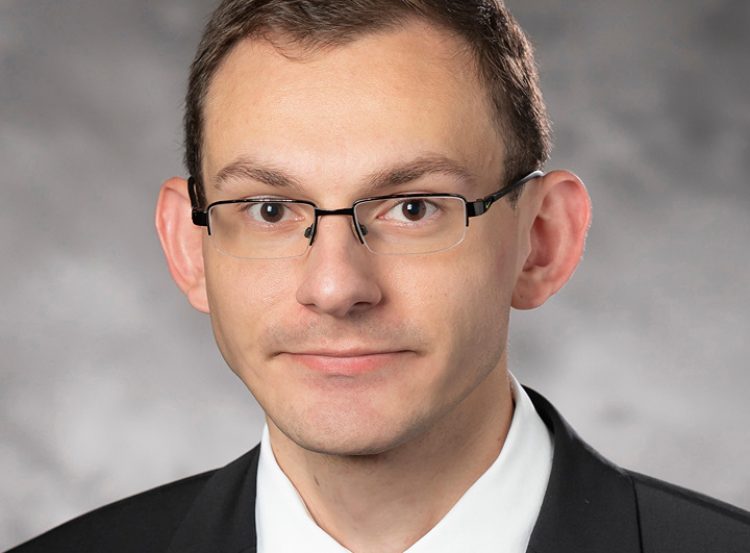
Markus Sprenger
Susanna Belt
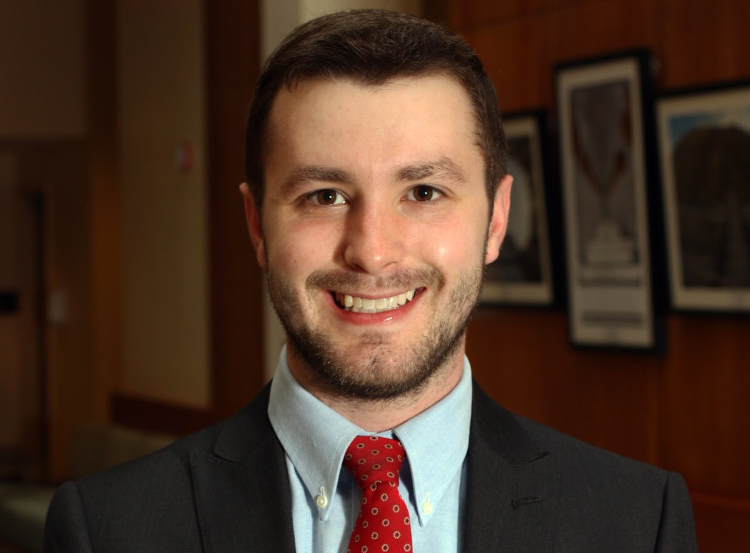
Michael Tobin
Masters Students
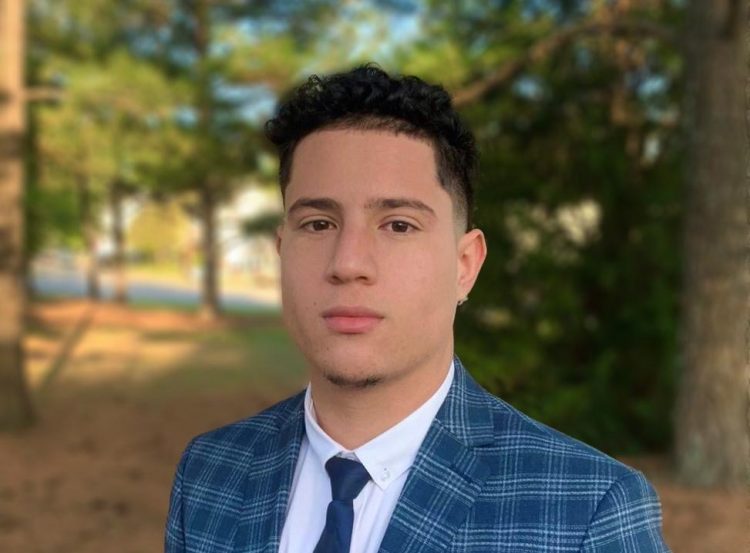
Tristan Marchena
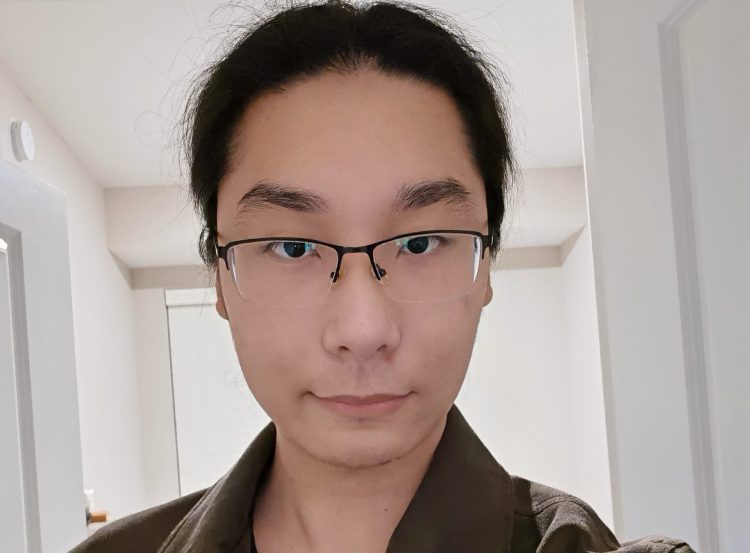
Zexiang Wang
Lab Alumni
- Brandon Hayes (PhD Student 2023)
- List Item #1
- List Item #1
- List Item #1
- List Item #1
- List Item #1
- List Item #1
- List Item #1
